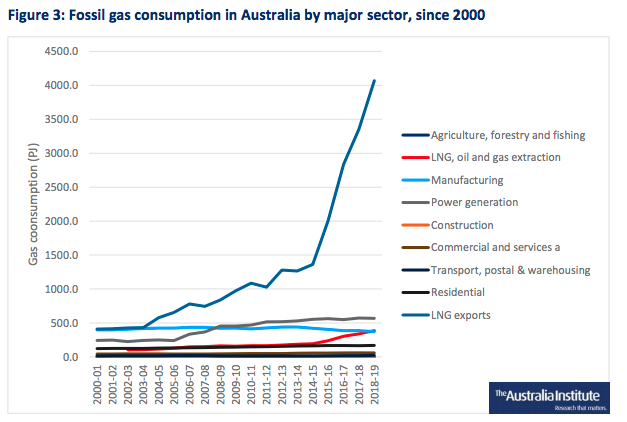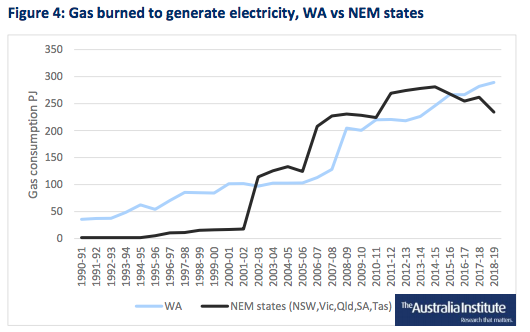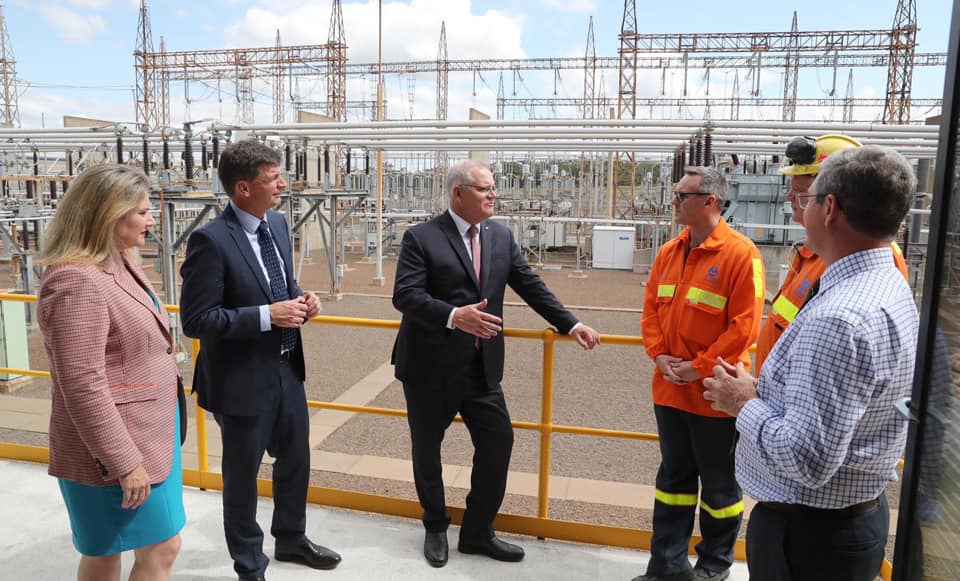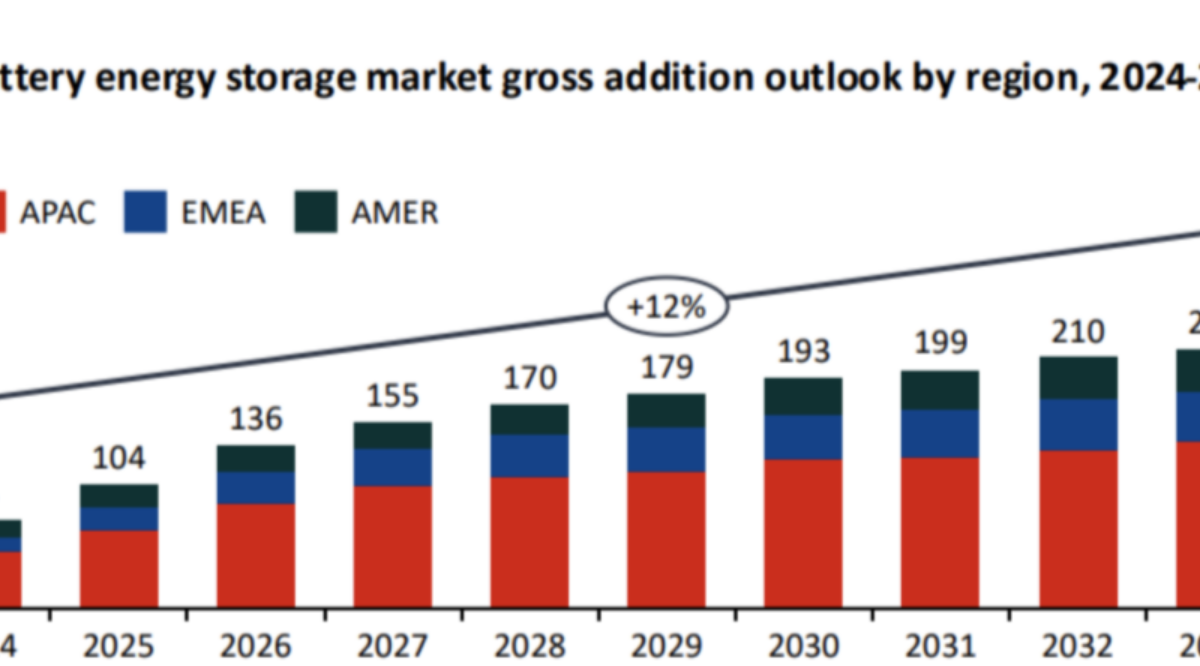The Australia Institute yesterday released research showing 82% of Australian gas production goes to exports, with just 1% of gas produced in Australia used for feedstock in Australian manufacturing. The findings echo the Grattan Institute’s report, ‘Flame out: the future of natural gas,’ which shows the fossil fuel will inevitably decline as an energy source for industry and homes in Australia. This is due to increasing prices as gas reserves become harder to drill coupled with decreasing desirability as the world seeks to cut emissions.

The limpness of the idea of a gas-led recovery has been known for years though, with Director of Analysis and Advisory at Green Energy Markets Tristan Edis republishing two articles he originally put out in 2014, noting they are unfortunately just as relevant today as they were six years ago. In the analysis, Edis disproves the genesis story that cheap gas in the United States supposedly spurred a ‘manufacturing renaissance,’ which our government is presumably hoping to recreate.
Just as the shale gas boom in America post 2007 hardly drove the competitiveness of U.S. manufacturing, an expansion of gas extraction in Australia just won’t lead to a manufacturing and employment boom, the Grattan Institute and TAI find.
Firstly, the growth of Australia’s gas production has overwhelmingly been directed offshore, to the benefit of major gas exporters. TAI’s analysis shows that gas prices remain high and supplies tight not because the country does not have enough gas to meet local needs, but rather because local gas users must compete with big international buyers who are able to pay higher prices for Australian gas.
“There is no shortage of gas for manufacturing in Australia. The problem is governments are allowing a few global oil and gas giants to export vast quantities of Australia’s more affordable gas, leaving only more remote expensive gas for Australian manufacturers,” Climate and Energy Program Director at The Australia Institute, Richie Merzian, said.
Nonetheless, the promise of cheap gas for Australia underpins the government’s gas-led recovery plan. Authors of the Grattan Institute’s report, Tony Wood and Guy Dundas, argue if the government tries to swim against this tide by directly intervening in the market, taxpayers will pay the price, citing substantial subsidies as the only real way to drive that price down. This is largely because the east coast has already burned most of its low-cost gas. Where gas could once be supplied for $4 per gigajoule or less, today it is hard to supply gas to eastern Australian for less than $6 per gigajoule.
Opting for the route of price reduction through subsidies will only prove fruitless, according to the report. The manufacturing companies which stand to benefit contribute about 0.1% of gross domestic product, and employ only a little more than 10,000 people.
Moreover, Australian manufacturing used just 373 petajoules (PJ) of gas in 2018-19, while more than 4,500PJ went to exports. In fact, the gas industry uses more gas processing LNG for export than is used by the entire manufacturing industry. Tellingly, the chemical industry, which was the major beneficiary of the U.S. shale gas boom, uses 40 times less gas than the LNG export industry.
Further hammering the nails in the coffin, the Australian Institutes’ research outlines that Australian manufacturing employment has declined since the mid-1980s when Australia had cheap abundant gas and have continued to decline as gas production has tripled over the last decade.
Gas doesn’t even stack up as a ‘transition fuel’, according to the authors, as replacing coal fired stations with gas would be more expensive than switching to renewables. Which is precisely what Wood and Dundas argue the government should do, with the aim to also replace natural gas in manufacturing with renewables-based hydrogen and renewables-based electricity.
Revisiting the words he used six years ago, only now with the support of a growing body of evidence and attention, Edis maintains that if Australia’s politicians think we’re going to get rich on the back of being an affordable energy superpower, they’re fooling themselves.

This content is protected by copyright and may not be reused. If you want to cooperate with us and would like to reuse some of our content, please contact: editors@pv-magazine.com.









As per All Energy Conference session on “Accelerating Green Economy” https://youtu.be/qnMRhYMEmaA , Amanda McKenzie -CEO, Climate Council of Australia. Articulated that Gas is the transient fuel replacing Coal/Diesel with Green energy produced Hydrogen would help a carbon neutral economy by 2050. It is not a replacement to coal or any fossil fuel.
Hence, this whole “Myth” is a wrong way to look at things. Government will ensure availability of cheaper Gas to insure the substitute fuel is economical as well.